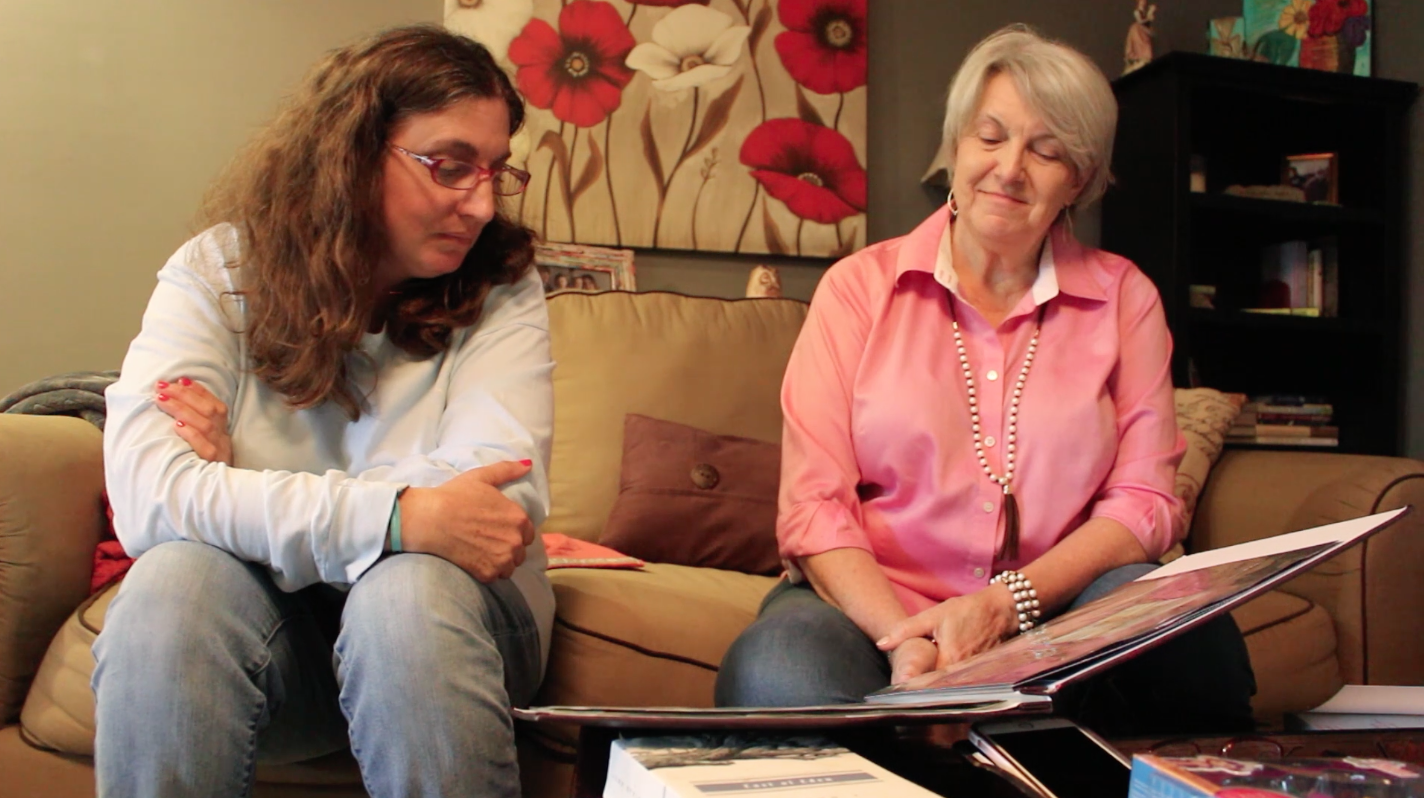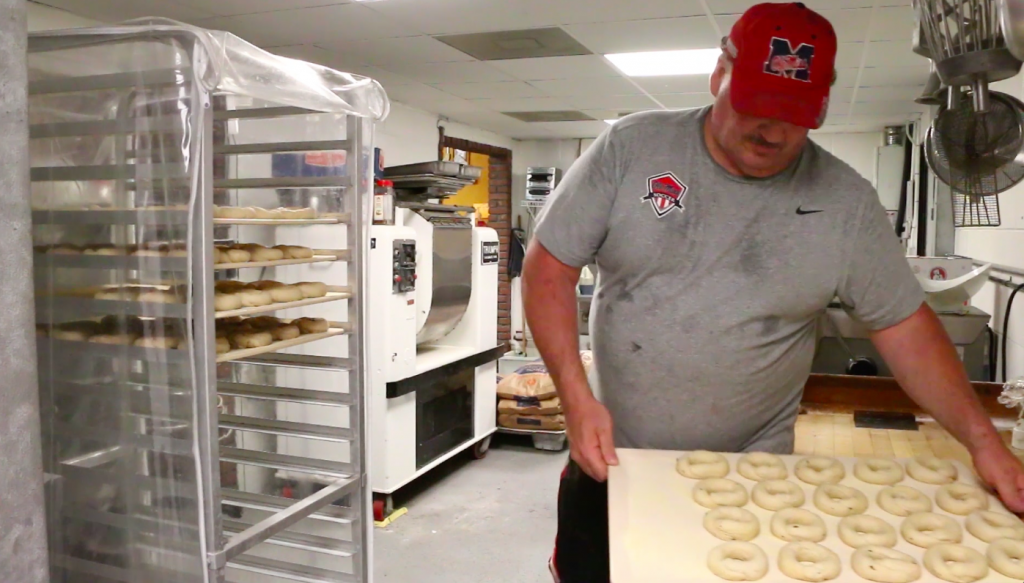On her 14th birthday, Cassie Howard heard members of her favorite boy band, New Kids on the Block, singing happy birthday to her from the air conditioner. Her mother, Donna Howard, knew then that something wasn’t right.
After a year of traveling to different hospitals and doctors and spending time in a mental institution, Cassie was diagnosed with chronic paranoid schizophrenia.
Now, almost three decades later, at age 41, Cassie sits on a chair in her mother’s living room. She still loves her favorite boy band and anything with Donnie Wahlberg.
She has a nervous habit of fidgeting with her hands when she talks. Her brightly colored nails never stop moving. She talks slowly and deliberately, like every word that passes her lips has a purpose.
Cassie’s mind works a little differently.
For her, part of being schizophrenic means thinking in absolutes, which makes it difficult for her to have relationships.
“If somebody said, ‘I don’t really like your hair,’ then Cassie would say, ‘Fine, then. I don’t want anything to do with you.’ There’s no compromise. Everything is kind of set,” Donna said. “It’s my role to reason with her when something like that happens. With her illness, you don’t have the ability to work through things.”
Now Cassie works at Holding Hands, a secondhand store her mother started five years ago that specifically employs people with mental illnesses like Cassie’s. She works there part time, usually taking the morning shift.
Her manager, Terry Daniels, said Cassie’s got everything down to a T.
“She’s got her little routine, and it’s stuff that needs to be done on a daily basis,” Daniels said.
Her fellow employees are appreciative of hard work.
“Cassie knows what needs to be done in the store,” said Kayla Wade, shift manager of Holding Hands. “Without her, the store wouldn’t even be here.”
Cassie comes in, vacuums the rug and cleans some merchandise, and from the outside, she is an average employee. She has a routine, she does it well and she goes home.
It didn’t happen overnight.
Things that were difficult for Cassie before began to make sense to Donna through the lens of her daughter’s diagnosis. Donna said Cassie’s school wasn’t equipped to meet her needs because her classmates and teachers didn’t understand the way she thought. Cassie eventually left school in the 10th or 11th grade.
“There wasn’t a lot of help in the schools back then,” Donna said. “I didn’t feel like she was getting a lot out of it. They only kept her half a day. There were a lot of days when they called me to come get her because they didn’t know what to do with her. All you have to do is say, ‘Cassie, don’t cry.’ But they didn’t know. They had never been taught. It made it difficult, and learning already was difficult for her.”
Even with a diagnosis, to Cassie and Donna, the world didn’t seem to appreciate Cassie.
Outside of Holding Hands, Cassie is involved with Pinelake Church and attends a weekly support group, National Alliance on Mental Illness. People all around Oxford and beyond gather for the group.
Karsten Gaycken is a longtime friend of Cassie’s. He attends the same support group Cassie does at the hospital. Sometimes they catch a movie. Gaycken has worked at Holding Hands since it opened, and there’s no one Cassie is closer to, other than her mother.
Cassie said their relationship is similar to that of a brother and sister. Because of their illnesses, they are able to understand each other in a way no one else can.
“She has a good sense of humor. She’s always joking around,” Karsten said. “Working with her is OK. We kind of argue. We go to another group called (National Alliance on Mental Illness) at the hospital, and I’ve known her since, like, 2007.”
Cassie is known by her employees and her family for her humor, something that has carried her and those who love her through her illness.
“I always say God gave her a sense of humor, because it’s helped us,” Donna said. “We can laugh and make fun of crazy, but nobody else can. She’s very caring and kind.”
Cassie says that if she didn’t have a mental illness, her life would be normal.
“I wouldn’t hallucinate. I wouldn’t be paranoid,” Cassie said. “I think I would just live a normal life.”
When Donna asks her what she thinks a normal life is, she pauses, and her voice is thick with tears.
“Not being sick.”
This article and video are part of a series profiling people in the Oxford and university community created by a capstone journalism class.












